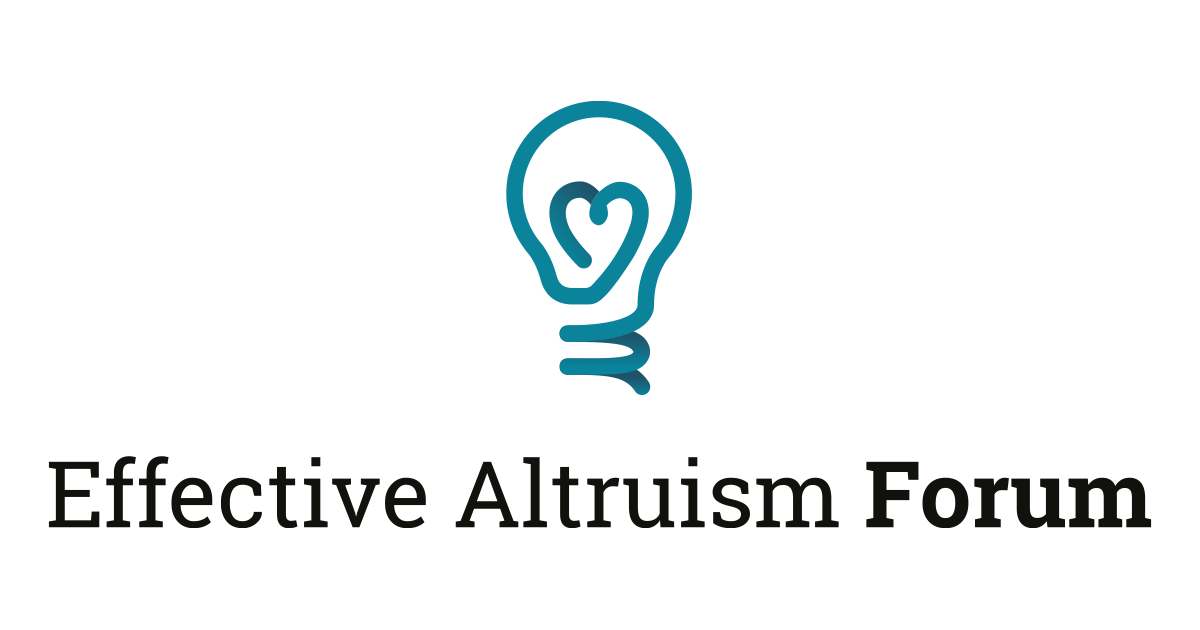Longtermism - EA Forum
Longtermism is the view that positively influencing the long-term future is a key moral priority of our time.[1][2] Longtermism may be seen as following from the conjunction of three core claims:[3] 1. Future people matter morally. 2. If Earth-originating intelligence is not prematurely extinguished, the vast majority of people that will ever exist will exist in the future. 3. People alive today can predictably influence whether these people exist and how well their lives go. Types of l...| forum.effectivealtruism.org

